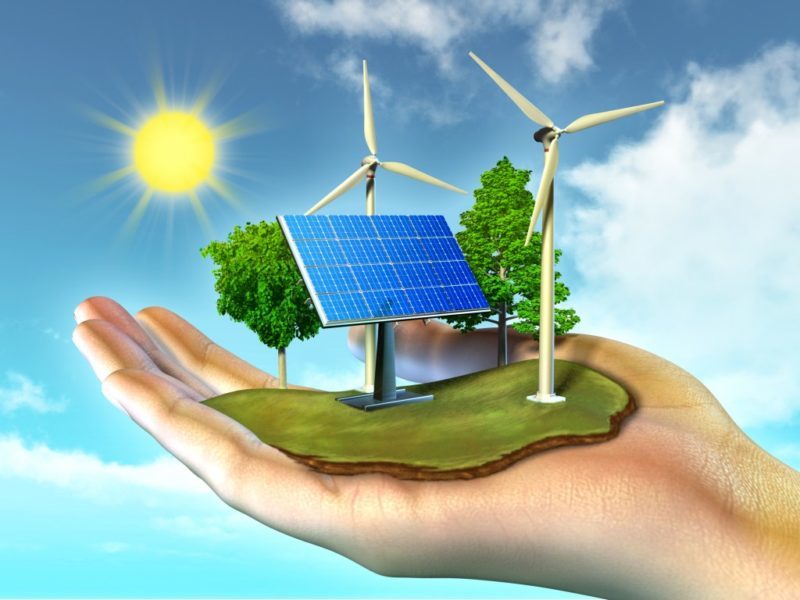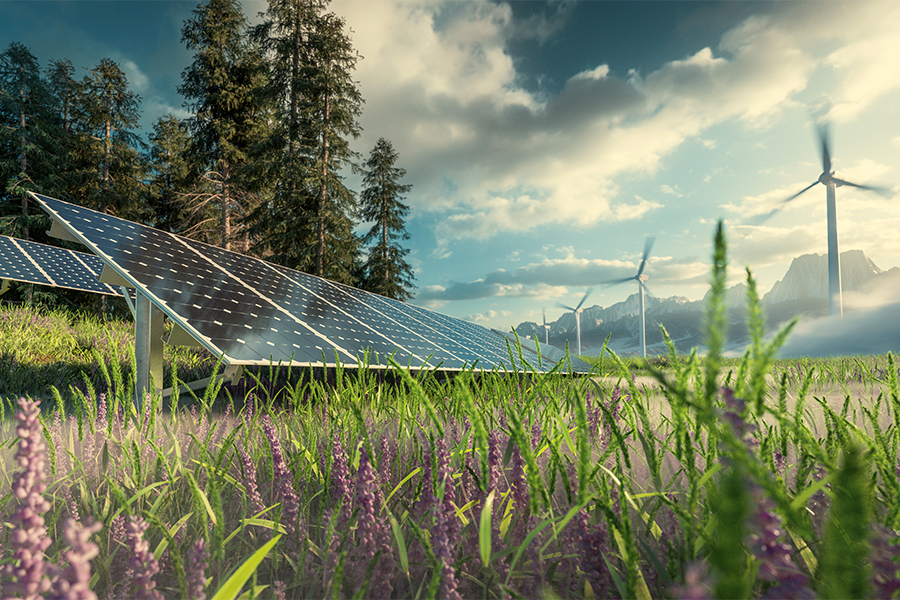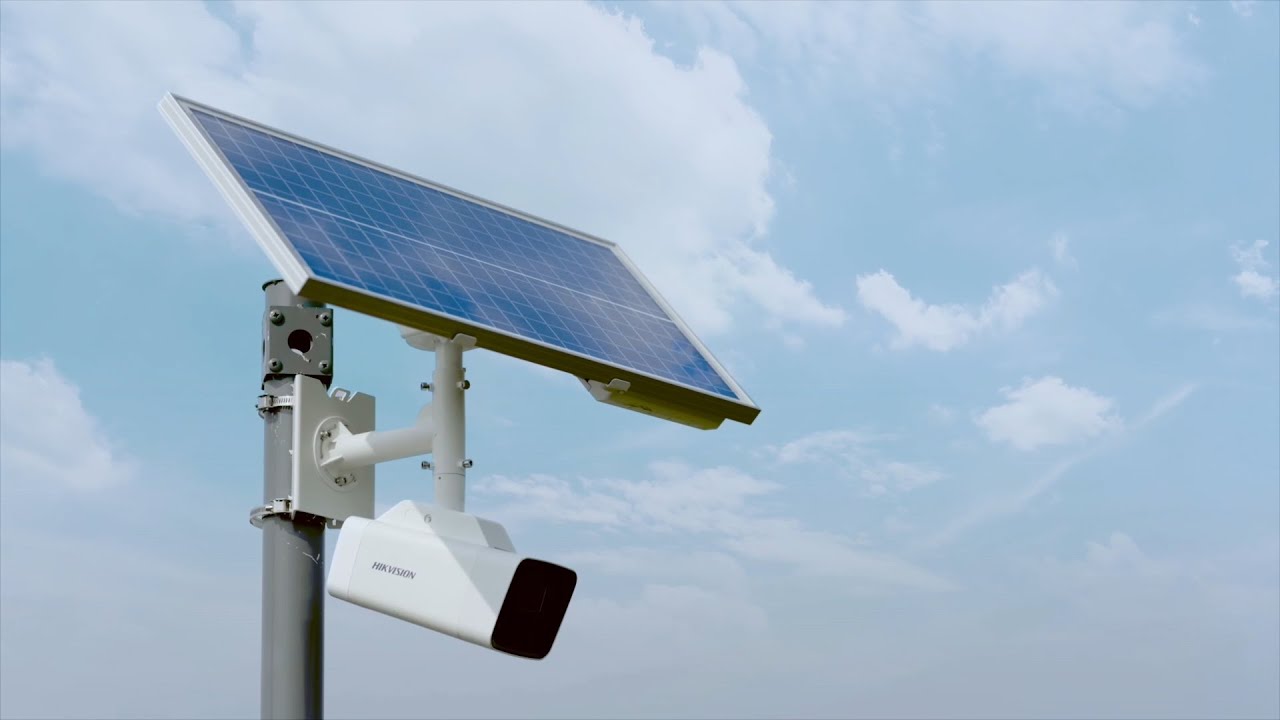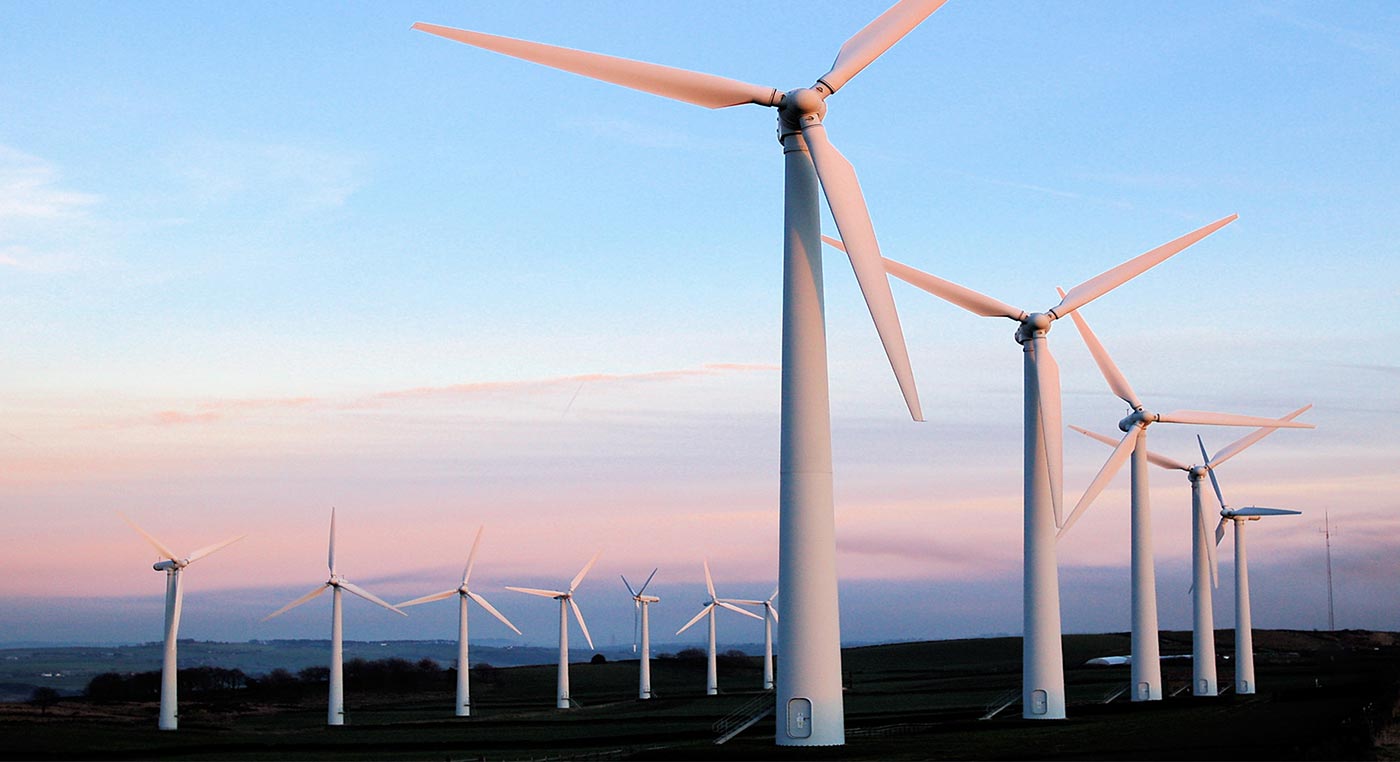
Whether you want to use solar power for your home or you want to store it for later use, there are a few things to consider before you go to purchase the technology.
Battery technology is too expensive and unreliable for most homes
Despite the fact that many solar power systems and wind power systems are getting bigger and bigger, there is still a problem: battery technology is too expensive and unreliable for most homes to store solar power. The good news is that there are some innovative solutions.
For instance, researchers at MIT have developed a battery that is a lot cheaper than you’d expect. It uses aluminum, sulfur, and a molten salt electrolyte.
Another innovative solution is a heat storage battery. The heat can be used for a variety of applications. For instance, you could turn your cash into a solar + home battery system.
There are also startups and researchers exploring other ways to store electricity and make money. The first of these is the Polar Night Energy system. They say it’s 10 times cheaper than other high-temperature storage methods. The technology is perfect for Finland’s long winters.
However, the most important aspect of any solution is to make sure it works as promised. Even if you find a great battery, you’ll still need to connect it to the grid. The Australian Consumer Guarantees are especially important. The manufacturers can’t hide maintenance requirements in small print.
While the MIT battery hasn’t been commercialized yet, it can be used to support existing green energy systems. The company plans to deliver its first products within a year.
Grid-tied solar system with a battery
Adding a grid-tied solar system with a battery backup can be beneficial to people in areas that suffer from unreliable electrical grids. With a grid-tied system, you can still use your home’s power when the sun is not shining, and you can avoid paying higher electric rates during peak periods.
During the day, your solar panels produce energy that you can use to recharge the batteries. This extra power is stored and used to provide your load during peak times. The system works like a conventional standby generator. During a power outage, the system will switch over to the battery bank, supplying your house with power.
The best suited batteries for a hybrid system are lithium. They are light, compact, and low maintenance. They can last for a long time, and they do not emit hydrogen gas. They are also a good choice for people who tend to use their systems frequently.
A grid-tied solar system has less components than an off-grid system, and is therefore cheaper. The system also allows you to feed excess energy back into the grid. This is called net metering. It can allow you to earn bill credits for the electricity you used, and you can sell the excess energy back to the utility company.
It is important to size the battery storage system correctly. This will depend on the size of your solar array, as well as the load you are trying to supply.
Cleaning the surface of solar panels
Keeping the surface of your solar panels clean is important if you are looking to make the most of your solar panels. Not only does dust and dirt reduce the energy efficiency of your panels, it also adds to your maintenance costs.
Fortunately, there are several ways to keep your panels clean. You can either do it yourself or hire a professional.
The most obvious way to clean your solar panels is to rinse them with water. A garden hose can do the trick. However, be sure to use a low pressure. This is because high pressure water can damage the panel’s surface.
Another way to clean your solar panels is to use a squeegee. This is a great tool for cleaning the solar panels as it can remove the water without scratching them. You can even get a hosepipe with a nozzle to ensure you’re getting the job done accurately.
A solar panel needs to be cleaned at least once a month during the colder months. You can also clean your panels at least once a year. This is especially important if you live in a climate with a lot of dirt.
The best time to clean your solar panels is early in the morning. This is when the sun has not yet risen and the wind has not yet picked up the dust. The rain may also help clean your panels.





